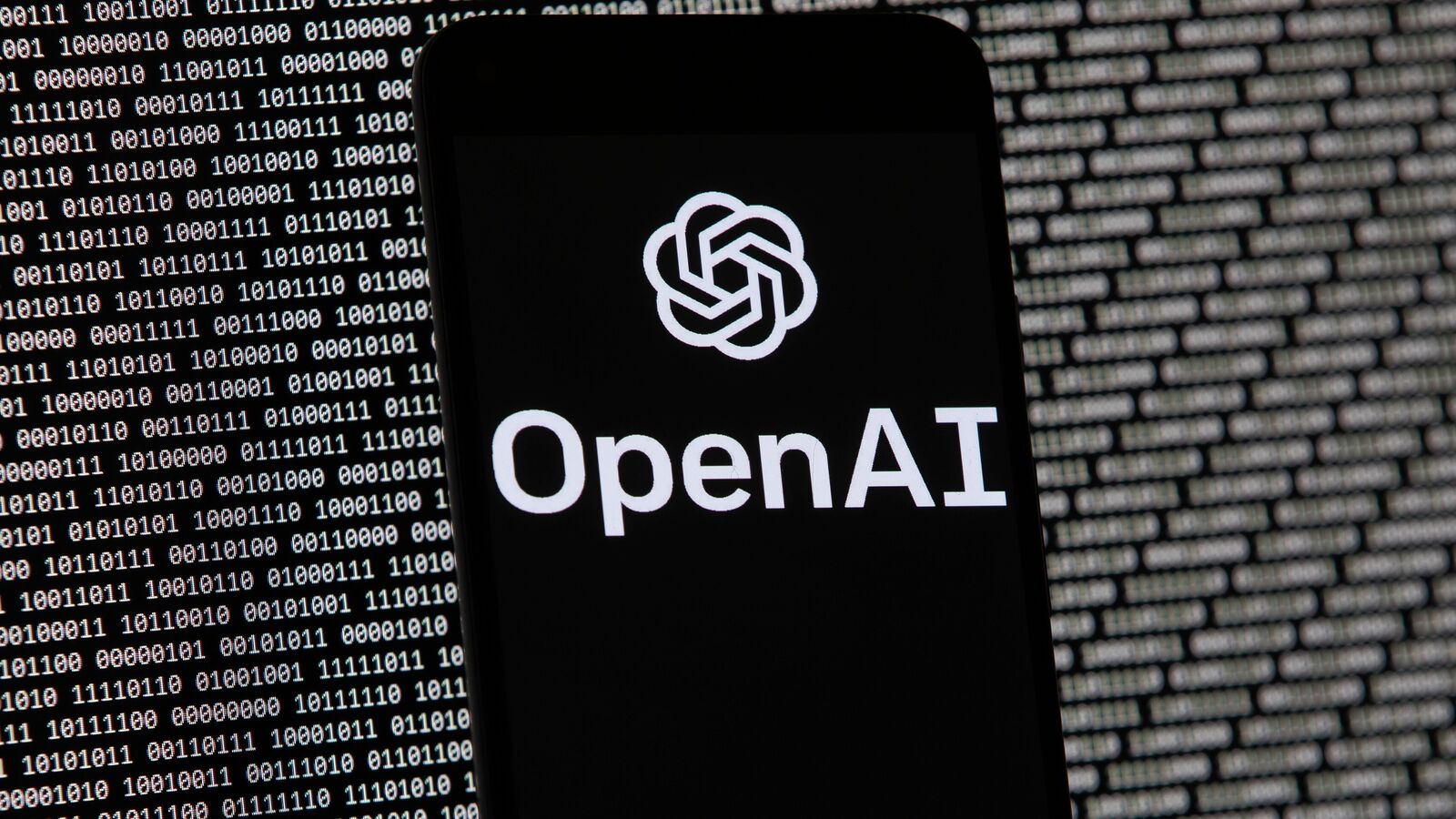 |
|
OpenAI, a leading generative AI company, is actively pursuing the localization of data belonging to its Indian users. This strategic move is driven by the impending implementation of the Digital Personal Data Protection Act, 2023 (DPDP Act), which mandates that companies with over five million active users in India must store a copy of Indian citizens' data within the country. The urgency of this initiative is underscored by the fact that OpenAI's CEO, Sam Altman, recently reaffirmed India's significance as OpenAI's second-largest market globally during his visit to New Delhi. This underscores the considerable user base and the resultant need to comply with the nation's data sovereignty regulations. While OpenAI has yet to finalize the specific data centers to house this data, discussions are underway, and prominent data center providers like Yotta Data Services, with its existing ties to Microsoft (OpenAI's close partner), are considered strong contenders. The company's commitment to this initiative appears significant, despite previous legal assertions that suggested a lack of local operations and exemption from Indian jurisdiction, a stance adopted during a recent copyright infringement lawsuit. This apparent shift in strategy highlights the increasing importance OpenAI places on the Indian market and its growing awareness of the regulatory landscape within the country.
The impetus behind OpenAI's data localization strategy is multifaceted. It reflects a broader trend among multinational technology companies to adapt to the evolving global regulatory environment regarding data privacy and sovereignty. Many countries are enacting legislation aimed at controlling the flow and storage of their citizens' data, emphasizing the need for data localization to ensure compliance and maintain consumer trust. For OpenAI, compliance with the DPDP Act is paramount, avoiding potential legal repercussions and safeguarding its operations within a key market. Furthermore, by localizing data, OpenAI can potentially reduce latency and improve the performance of its services for Indian users, thereby enhancing user experience. The strategy also strengthens OpenAI's position in the burgeoning Indian AI market, showcasing a commitment to the region and fostering positive relationships with the Indian government and regulatory bodies. The ongoing discussions with government officials and potential data center partners underline a proactive approach to fulfilling regulatory requirements while concurrently solidifying OpenAI's presence in India.
Beyond immediate compliance and operational benefits, OpenAI's move to localize data has long-term strategic implications. It allows the company to tap into the growing pool of Indian talent and resources, including developers and engineers, who are increasingly becoming key players in the global AI landscape. By establishing a stronger local presence, OpenAI can improve its understanding of the Indian market’s unique characteristics, leading to better product development and improved service delivery tailored to the specific needs of Indian users. Furthermore, data localization enhances OpenAI's competitive advantage in a rapidly evolving AI market. The Indian market is characterized by a large and growing user base, strong governmental support for AI development, and a thriving ecosystem of startups and developers. By solidifying its local presence and adhering to data regulations, OpenAI strategically positions itself for sustained growth and success in this dynamic region. The move also presents an opportunity for OpenAI to contribute to the development of India's AI infrastructure and ecosystem, potentially fostering collaborations and partnerships with local organizations and institutions.
However, challenges remain. The cost of establishing and maintaining local data infrastructure is significant, and OpenAI will need to carefully evaluate the financial implications of this undertaking. Ensuring robust data security and privacy within the Indian data centers will also be crucial to maintain user trust and comply with data protection regulations. OpenAI will need to implement stringent security measures to prevent data breaches and unauthorized access, and it must be transparent in its data handling practices to build and maintain confidence with Indian users. Furthermore, the choice of data center partner will have significant implications for OpenAI's operations, and the company will need to select a provider with a proven track record of security, reliability, and compliance. While Yotta Data Services is considered a frontrunner, it remains crucial for OpenAI to conduct a thorough due diligence process to ensure it selects a partner that meets its operational requirements and aligns with its commitment to data security and privacy.
Source: OpenAI discussing localization of ChatGPT India data
